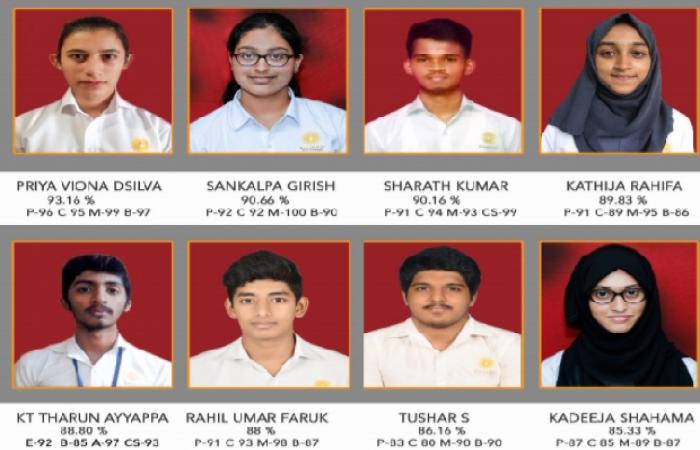 Nov 16: With less than 24 hours to go for the Common Admission Test (CAT) 2014, it would be reasonable to assume that most candidates are sufficiently well-prepared for it. While a firm grip on the test content is definitely the most important cornerstone of preparation for an exam, familiarity with the testing environment always gives one an edge.
Nov 16: With less than 24 hours to go for the Common Admission Test (CAT) 2014, it would be reasonable to assume that most candidates are sufficiently well-prepared for it. While a firm grip on the test content is definitely the most important cornerstone of preparation for an exam, familiarity with the testing environment always gives one an edge.
One of the major changes is that the duration of the examination has been increased to 170 minutes from 140 minutes. In addition, questions in each section - Quantitative Ability and Data Interpretation, and Verbal Ability and Logical Reasoning - have been increased to 50 from 30. The primary objective of increasing the test duration by 30 minutes is to give students more time to demonstrate their problem-solving skills.
Checklist for the D-day:
• Carry the right documents - admit card, original and valid identification, SC/ST and DA supporting documents
• Plan your travel time, check map/directions on the CAT website
• Arrive at least one-and-a-half hours before scheduled test time
• Make use of the practice test to get a feel of the functionality and navigation of the actual test
Here are some tips to help you give your best shot at the exam:
1. Last year"s topper, 22-year-old Anirudh Batra, belled the CAT without having the need to attend coaching classes and practicing just for an hour everyday. So, it is not just about how much you have prepared or the amount of knowledge you have: it ultimately boils down to your performance on the day during those 170 minutes.
2. Assuming that you have been preparing seriously for CAT, you would have, by now, taken a series of model examinations that are similar to the actual CAT exam. Do go through some of the model examinations that you have taken over the last few months. You should take a re-look at the questions that you have got correct.
3. More importantly, spend a little more time on the questions you got wrong during the actual model exam and formulate a better way of solving the same.
4. It is advisable to check the test centre location, travel time and traffic conditions in advance, and plan your travel accordingly. A map with travel directions is available for all test centres on the CAT website.
5 . The flexibility to switch between the two sections is touted to allow aspirants to spend more time either in their weaker section to clear the section cut-off score or in their stronger section to clear overall cut-off scores. For this, time management between the sessions and time discipline to stick to the plan or strategy are critical.
6. Given the higher number of questions, the test is also a measure of your ability to select the right questions to answer. The new pattern is expected to be more student-friendly and the aspirants are expected to score better; yet one may not be able to obtain the desired percentile unless one is capable of solving good number of challenging questions.
7. Nobody can really give you a “tip” on the test day with which you can improve your performance. Keeping to yourself till the examination is over is a good idea.
8. At this level, the difference between getting a good percentile that will lead you to a good B-school and settling for a lesser one could just be a couple of questions. So do not let go of the intensity of your run-up to the exam.
9. Have a clear idea of your relative strengths and weaknesses in the test areas. Work on your strengths and strategies to tackle the weaker sections.
10. The general idea is to get exam-ready practically; at the same time improve your comfort level and confidence from the test-taking perspective.







Comments
Add new comment